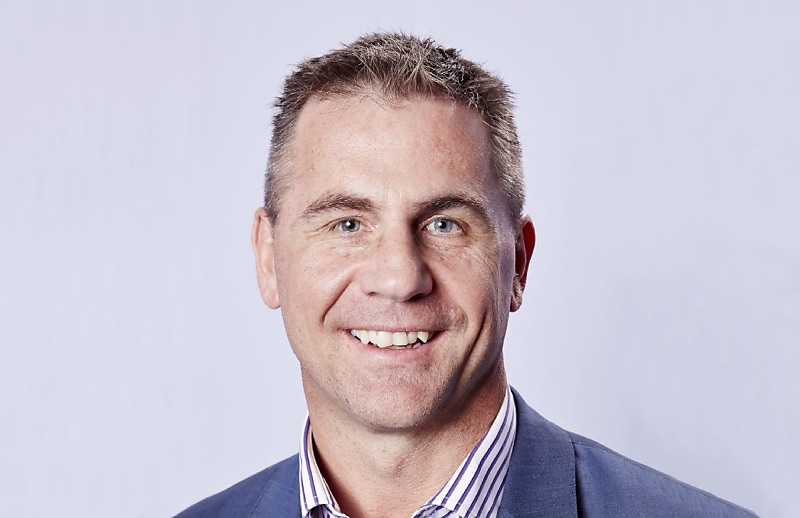SMEs feeling the pinch as invoice payment times blow out
BusinessAlternative lender says debtors are taking longer to pay as access to finance gets tougher and economic conditions deteriorate.

Non-banker lender OptiPay said the credit squeeze is starting to bite with inquiry levels leaping up to 40 per cent and invoice payment times blowing out beyond a month.
OptiPay chief executive Angus Sedgwick said his SME clients were increasingly struggling with cash flow in the wake of COVID as debtors took longer to pay and access to finance got tighter.
“What we’ve seen over the last six months is the average number of days that an invoice is open before a debtor pays it is slowly creeping out,” he said.
“Buyers are becoming more selective as to which creditors they’re paying because they’ve got limited cash.
“As a result, the days outstanding is getting longer. From an average of 31 at the beginning of this year, it’s now crept out to 38 days on average. If it starts to get out to 40-45 days, that indicates the economy is heading towards a recession.”
For OptiPay clients the average outstanding amount per debtor ranged from $35,000 to $40,000, and some suppliers might have half-a-dozen debtors with that level outstanding.
“If payroll runs on Wednesday and you’re expecting to get paid on the Friday but you didn’t get that money and the debtor says I’ll pay you next Friday, well that doesn’t help – you’ve got no cash,” he said.
The problem was across the whole economy but the construction industry and importers/distributors were on the frontline.
He said liquidity in the economy had tightened up significantly in the last six months with the resumption of ATO debt collection, the end of pandemic support schemes, rising inflation and supply chain issues.
“Banks have gone back to pre-COVID credit underwriting processes now that the government guarantee has ceased. Access to capital is becoming a lot tighter across the whole economy,” he said.
“Companies, whilst they might have lots of orders to buy stuff from their buyers, if they can’t get that product from overseas into Australia to sell, that’s a problem.”
He said OptiPay had more than 100 clients around Australia with annual turnover between $2 million through to $20 million. Most had outstanding tax debts ranging from $100,000 to $500,000 and applications for funding had jumped, he said.
“We’ve seen a 35–40 per cent increase in inquiry levels over the past six to eight weeks,” he said.
“We’re underwriting more diligently and looking at how big is your tax debt. Every business that comes to us as a new prospective client comes with a tax debt – nine out of 10 – because the ATO said don’t pay us for two years but they were still operating.”
He was encouraging clients – many with DPNs or the threat of them – to work with the ATO and organise payment plans.
“They’ll work with you. They don’t want to have you just come through two years and then make everyone bankrupt. If you don’t engage with them, they will take further action, guaranteed,” he said.
“What we will see is a lot of the companies that probably should have collapsed during COVID but just hung around because JobKeeper was getting paid, zombie companies effectively, they’ll fall over very quickly.”
He said Australia might avoid a technical recession but if supply chain issues were unresolved over the next quarter there were a “tough 12 months ahead”.




